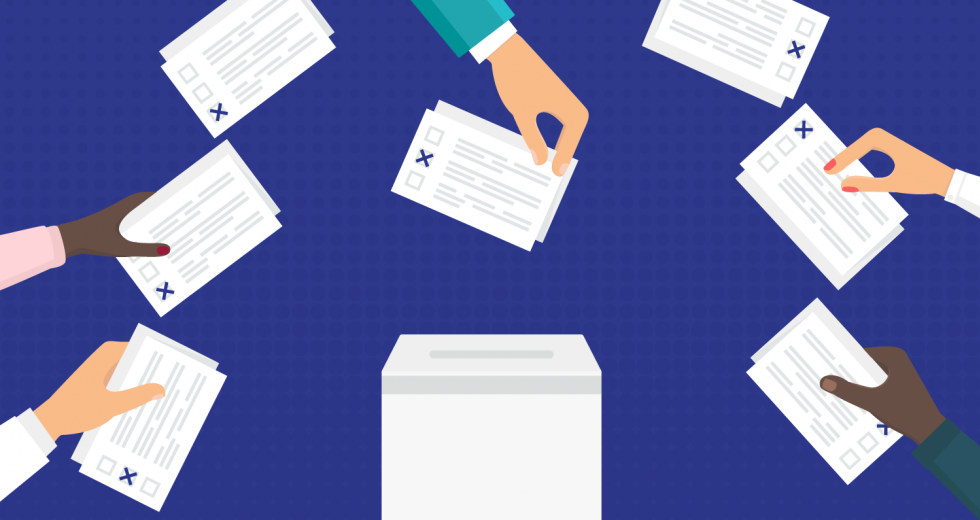When Sacramento City Councilman Eric Guerra, 36, was elected to represent the 6th District last spring, he called his win “an iconic moment” for his generation. Today’s young people, he said, often feel disillusioned about their government and disconnected from the political process.
“What I mean by ‘iconic’ is it was an uplifting campaign in the sense that young people felt like they would see some progress and develop a connection to their city government,” Guerra says. “I think having young people in government provides that connection at a time when we’re losing it, even with older demographics.”
Nowadays, countless hours and dollars are spent daily in this country trying to figure out what motivates the millennial generation when it comes to politics. Are they liberal do-gooders determined to shape the world in their own image? Many believed so after young voters in 2008, enthralled by all things Barack Obama, helped make him the first person of color to ascend to the presidency.
Obama was young, handsome and hip. He was tech savvy and in tune with issues that mattered to young people in the United States. The Pew Research Center reported that 25 percent of voters between the ages of 18 and 29 were contacted by someone from the Obama campaign — either via social media, college websites or text messages, in person or over the phone. That made Obama not only our first black president, but also our first social media president.
And man did it work. In 2008, almost 55 percent of all eligible voters under age 30 voted — the highest since 1972. Of those, an astounding 66 percent chose Obama. But, as Pew also notes, while Millennial support was critical in red states like Indiana and North Carolina that Obama would have otherwise lost, it didn’t win him the election. What did was the influence younger voters — and perhaps even those too young to vote — had on their non-Millennial relatives who were undecided between Obama and the older, GOP-establishment candidate John McCain.
The millennial generation and an engaged electorate seemed like a match made in heaven. But the honeymoon was short. Just two years later, most of those same millennials couldn’t be bothered to go to the polls for the midterm elections; only 24 percent of under-30 voters went to the polls in 2010, according to the U.S. Census. The rest left the voting up to their older, and typically more conservative, neighbors. Their absence produced the predictable results: Republicans regained control of the U.S. House of Representatives, and their ultra-conservative Tea Party wing immediately thwarted the president at every turn.
Perhaps, the punditocracy mused, these young folks weren’t so left-leaning and eager to partake in the political process after all. But then the 2012 presidential election happened. About half of all eligible under-30s voted. As in 2010, an overwhelming majority, at 67 percent, opted for Obama, making them a primary factor in the president returning for a second term. Then the 2014 midterm election occurred and Millennials repeated their 2010 vanishing act. Rinse and repeat. So what does this say about young voters? What does it mean for the future of politics?
That’s hard to say. It might be surprising, for instance, that the candidate who seems to be bringing out the most fervor in young people in this year’s presidential election isn’t someone their age, but 74-year-old Bernie Sanders.
And the quest to understand young voters continues.
For Rich Ehisen’s full interview with Councilman Eric Guerra, check back next week for the April edition of Discourse. Sign up for our newsletter, and we will email you when it’s available online.



